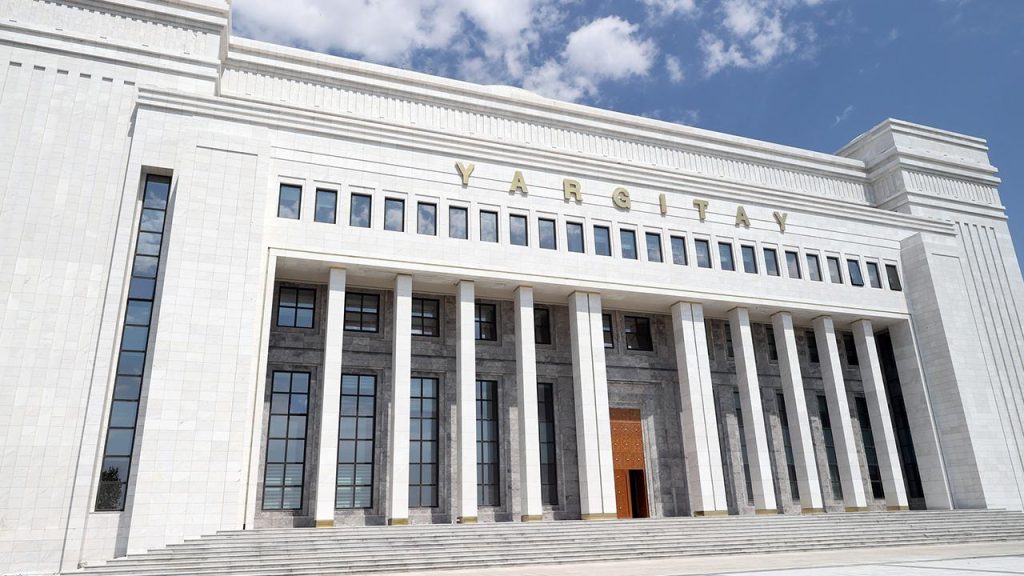Four new political parties have been established in Turkey in August, according to a list published on the Chief Prosecutor’s website. The parties include the Büyük Türkiye Partisi, Adalet ve Çağrı Partisi, Sosyalist İktidar Partisi, and Güçlü Anadolu Partisi, which were founded on August 19. Additionally, the Cumhuriyetçi Aydınlık Partisi was established on August 21. With the addition of these parties, the total number of active political parties in Turkey has now reached 151.
The establishment of these new political parties reflects the ongoing political landscape in Turkey, as different groups and ideologies continue to emerge and shape the country’s political discourse. The Büyük Türkiye Partisi, Adalet ve Çağrı Partisi, Sosyalist İktidar Partisi, and Güçlü Anadolu Partisi all bring unique perspectives and agendas to the table, further diversifying the political options available to Turkish citizens. The formation of these parties also highlights the importance of political participation and the right to form political organizations in a democratic society.
It is worth noting that the establishment of these parties comes at a time of increasing polarization and political tensions in Turkey. The country has been grappling with a range of challenges, including economic issues, security concerns, and social unrest. Against this backdrop, the emergence of new political parties could signal a shift in the political landscape and potentially lead to changes in the way key issues are addressed and debated in the public sphere.
The addition of these new parties to the political scene in Turkey is likely to have implications for the upcoming elections and beyond. As the country prepares for municipal, parliamentary, and presidential elections in the coming years, the presence of these parties could alter the dynamics of the political arena and influence the strategies and tactics employed by existing parties. This could lead to a more competitive and diverse political environment, as parties vie for support and seek to differentiate themselves from their rivals.
Overall, the establishment of the Büyük Türkiye Partisi, Adalet ve Çağrı Partisi, Sosyalist İktidar Partisi, Güçlü Anadolu Partisi, and Cumhuriyetçi Aydınlık Partisi underscores the vibrancy and dynamism of Turkey’s political landscape. As new parties enter the fray and existing parties adapt to changing circumstances, the country’s democracy continues to evolve and respond to the needs and aspirations of its citizens. It remains to be seen how these developments will play out in the months and years ahead, but one thing is clear: Turkey’s political future is likely to be shaped by the voices and actions of a diverse array of political actors.


